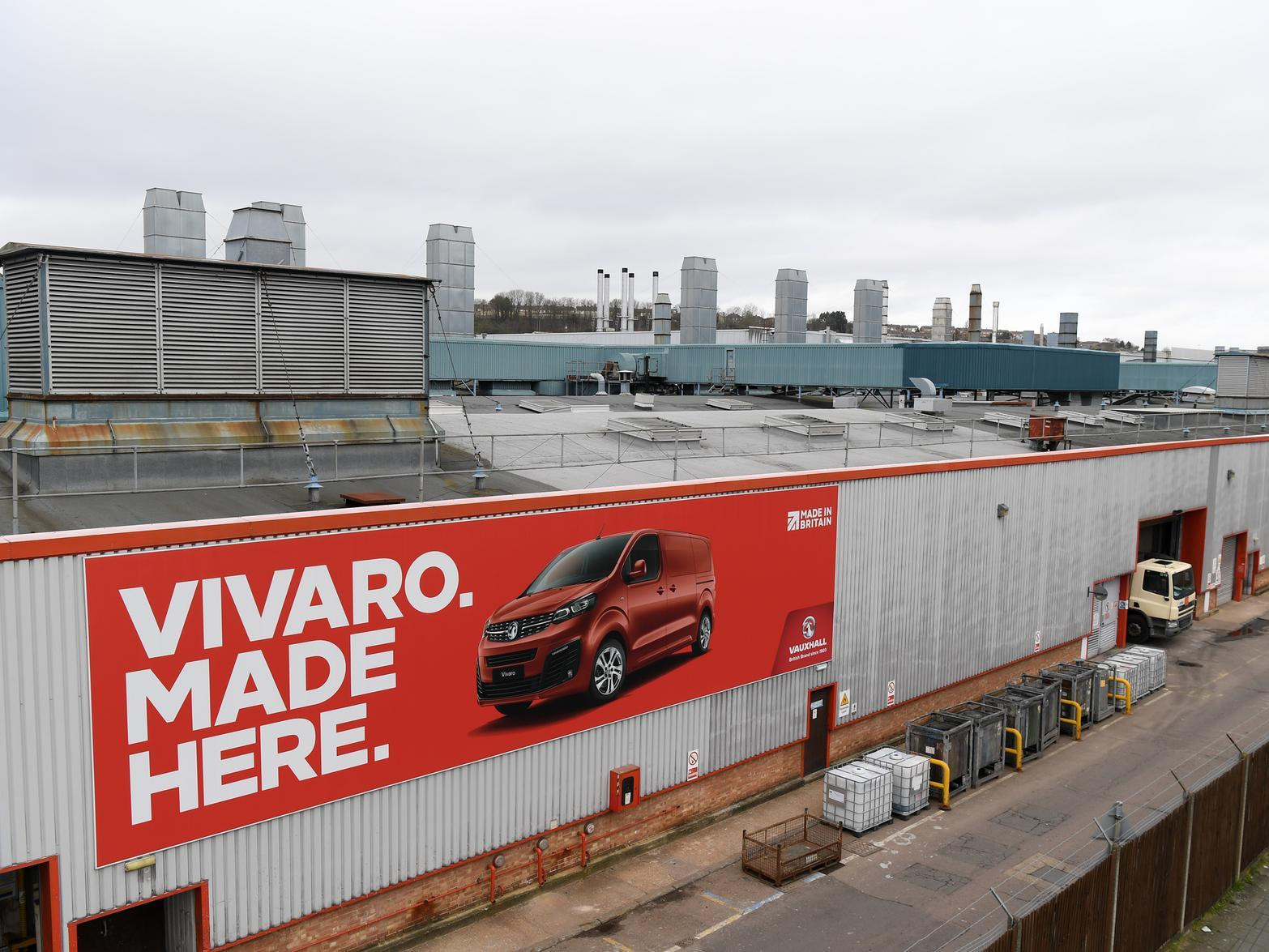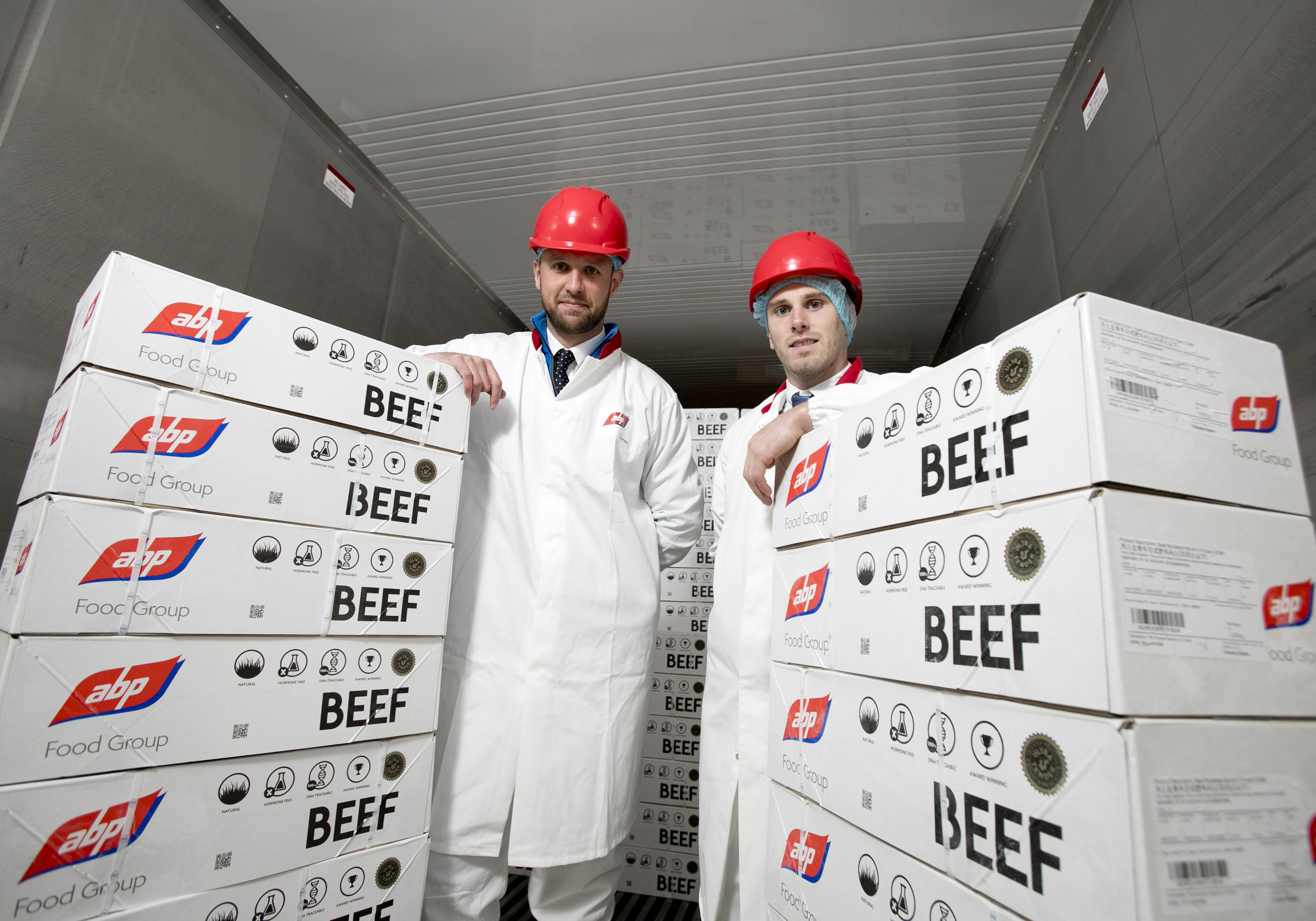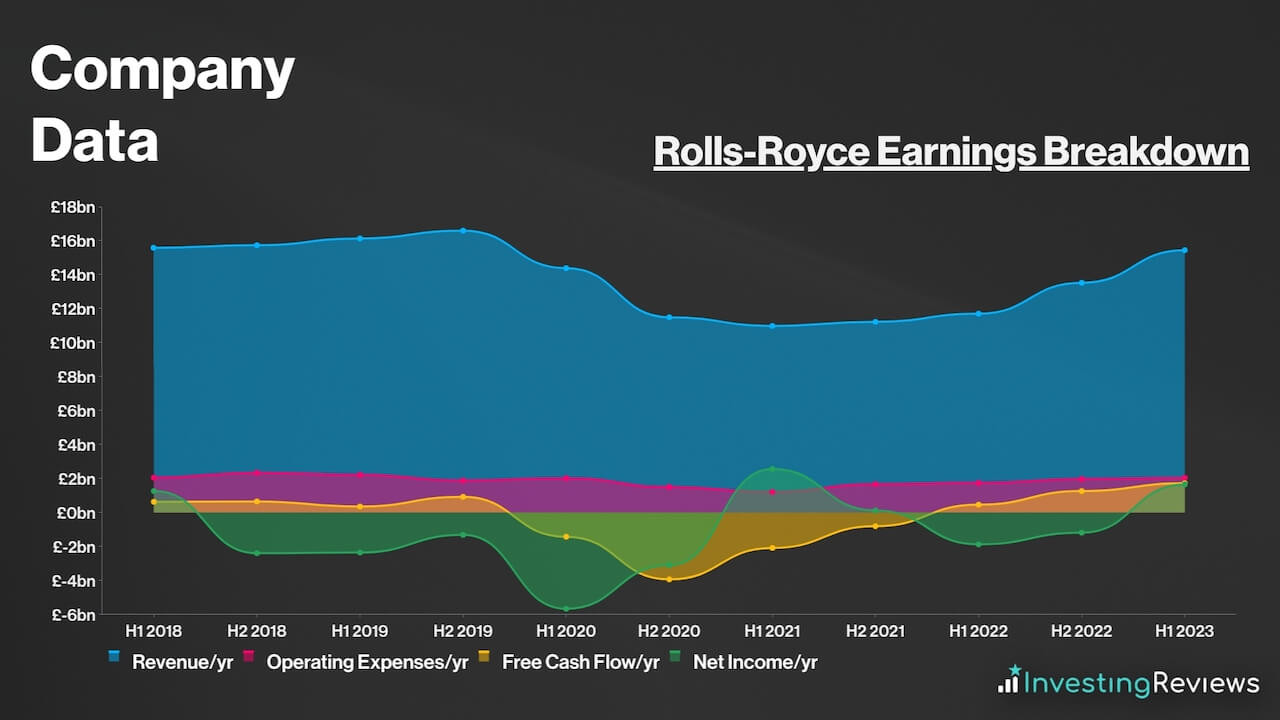Vauxhall's Luton Plant Closure: A Blow to the UK Auto Industry
The automotive landscape in the UK is facing a significant shift, with Stellantis, the parent company of Vauxhall, announcing plans to close its van-making factory in Luton. This decision, impacting approximately 1,100 jobs, underscores the challenges faced by the industry in adapting to the UK's stringent electric vehicle (EV) mandate. The closure is expected to take place in the spring of next year, following a period of consultation. This announcement comes after the company had initially committed to electric van production at the Luton plant just nine months prior.
The Impact of the Electric Vehicle Mandate
Stellantis attributes the closure to the UK's zero-emission vehicle (ZEV) mandate, which aims to accelerate the transition to electric vehicles. The rules mandate that manufacturers sell a certain percentage of zero-emission vehicles, with targets set at 22% of car sales and 10% of van sales for this year. Failure to meet these targets results in substantial fines of £15,000 per violation. While manufacturers can purchase credits from those exceeding targets, this doesn’t alleviate the intense pressure. This has prompted increasing concern amongst car manufacturers and discussions regarding the overall demand for electric vehicles in the UK market.
Criticisms and Calls for Change
The decision by Stellantis has fueled a heated debate regarding the UK's EV mandate. Many manufacturers, including Stellantis, argue that the current targets are overly ambitious, considering the relatively low consumer demand for EVs. They contend that stricter regulations are counterproductive without robust incentives to encourage widespread adoption of electric vehicles. This sentiment is echoed by organizations such as the Society of Motor Manufacturers and Traders (SMMT), which stresses the need for government support packages to make the switch more appealing and financially feasible for consumers.
Stellantis's Strategic Shift and Investment in Ellesmere Port
Stellantis's decision to close the Luton plant is not simply a reaction to the EV mandate, but part of a broader strategic shift towards consolidating electric vehicle production. The company plans to invest £50 million in its Ellesmere Port plant, transforming it into a central hub for light commercial vehicle (LCV) production. This investment builds upon a previous £100 million investment in 2021, transforming Ellesmere Port into Stellantis's first globally dedicated EV plant. The electric van models previously slated for Luton will now be manufactured at Ellesmere Port, which is set to witness hundreds of new job creations.
Relocation and Support for Luton Workers
Stellantis has committed to supporting Luton workers through this transition. The company intends to offer relocation assistance to those wishing to transfer to Ellesmere Port, providing an attractive package for employees. Additionally, retraining opportunities and collaboration with local employers and the council are being explored to aid workers in finding alternative employment within Luton.
The Broader Context: Challenges Facing the UK Auto Industry
The Luton plant closure isn't an isolated incident, but reflects a larger trend of restructuring within the UK's auto industry. Other manufacturers, such as Nissan and Ford, have also announced job cuts, citing the weakening demand for EVs as a significant factor. The industry is grappling with the considerable cost and challenges associated with developing new EV technologies while navigating a market that isn't yet fully ready for widespread EV adoption. The UK's EV targets are among the most ambitious globally, making it even more imperative to adjust policy with current market trends.
Government Response and Future Outlook
The UK government acknowledges the challenges facing the auto industry and has pledged over £300 million to boost the uptake of zero-emission vehicles. A consultation has been announced, aiming to review and potentially adjust the current ZEV mandate to better align with consumer demand and the industry's capability. The outcome of this consultation will significantly shape the future of the UK auto industry. However, this announcement also underlines the complexity and uncertainties for workers, families, and indeed the wider UK economy. The uncertainty surrounding jobs, coupled with the complexities of shifting to electric, paints a complex picture. The next few months will be crucial in shaping the response of the government, industry, and workers affected. The future, while filled with opportunities for the future of electric vehicles, also carries risks for the present economy.
A Future Without Petrol Vans: What Lies Ahead?
The closure of the Luton factory is a pivotal moment for the UK automotive industry. It represents the significant challenges of a global transition to electric vehicles, as well as the very real human cost of such profound economic shifts. The situation underlines the importance of balancing ambitious environmental goals with the economic realities faced by workers and businesses, prompting a much-needed discussion on the path towards a sustainable and prosperous future for the UK auto industry. The path ahead necessitates close collaboration between the government, the industry, and employees to navigate this complex transition. This is not just about the future of cars but the future of communities and livelihoods. The uncertainty remains, but a clear and thoughtful response is crucial.

















